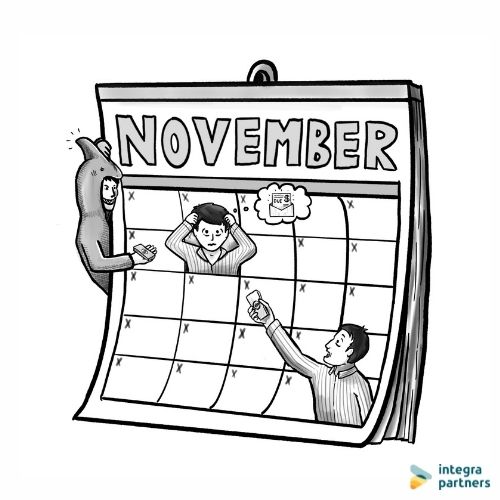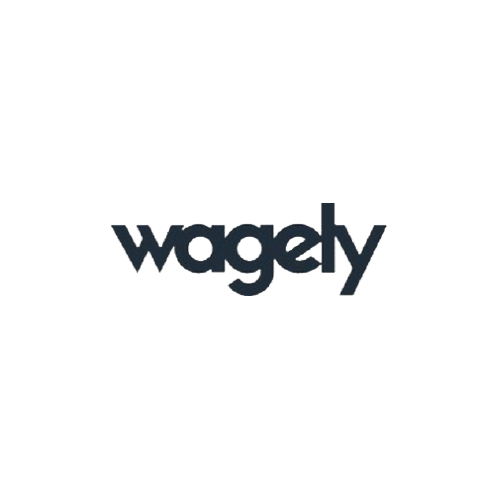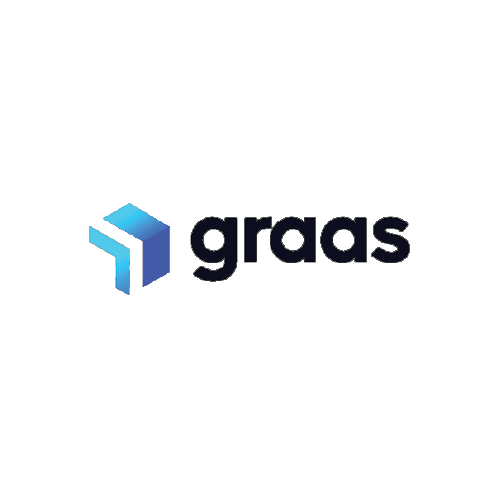
The Future of Enterprise Technology in Financial Services: Scale, Cost & Flexibility
12 September, 2023
The democratisation of SME credit in The Philippines
7 March, 2024Why We Invested: Future Self to The Rescue – Earned Wage Access
2 February, 2024
Here’s a thought experiment. You’re a blue-collar worker working the assembly line of a large well-established company. Money is tight but you’re getting by, as long as the leaky roof of your house holds up and your sputtering motorcycle doesn’t break down. You certainly wouldn’t be able to lend anyone money. Yet every month, your company borrows money from you.
Crazy, right? But that happens to most workers because of how the payroll cycle works. 80% of workers live paycheck to paycheck, while funding the working capital cycle of their employers. In other words, employers are able to benefit from two weeks to a month of labour before paying out wages, which also allows them to use the money for other things in the meantime.
Employers aren’t evil — it’s just that there is always a risk that workers might vanish after being paid in advance, and the option of paying wages daily would be an enormous (and expensive) administrative nightmare. Unfortunately, this results in a workforce that lives paycheck to paycheck, where unexpected life hiccups become financial catastrophes. Consequently, an entire ecosystem has evolved to serve workers like you: OG loan sharks, digital cash lenders, salary loan providers, P2P lenders, and so on. They all have something in common — they’re all looking to lend you money.
But you have money that belongs to you! It’s yours, just locked up in your employer’s payroll system. That’s where companies like wagely come in. wagely fronts the money and gets paid back when payday arrives.
If that sounds a lot like payday lending so far, that’s fair. But wagely does a few very important things differently.
- First, by integrating with the employer payroll system, wagely reduces the risk of fronting money and can lower the fees they charge
- Second, through financial health surveys, wagely ensures that users don’t take out more than they can afford
- Finally, wagely’s earned wage access product is just the first block in its longer-term product roadmap to help its users achieve financial health by managing how they spend, save (and invest), borrow, and plan for the future
A lot of financial inclusion efforts so far have focused on lending — but that solves a short-term problem at the expense of a long-term one. The ultimate goal of sensible financial inclusion efforts shouldn’t be to provide a temporary solution to a recurring problem, but to drive impact in a way that secures and sustains financial wellness for many years to come.







